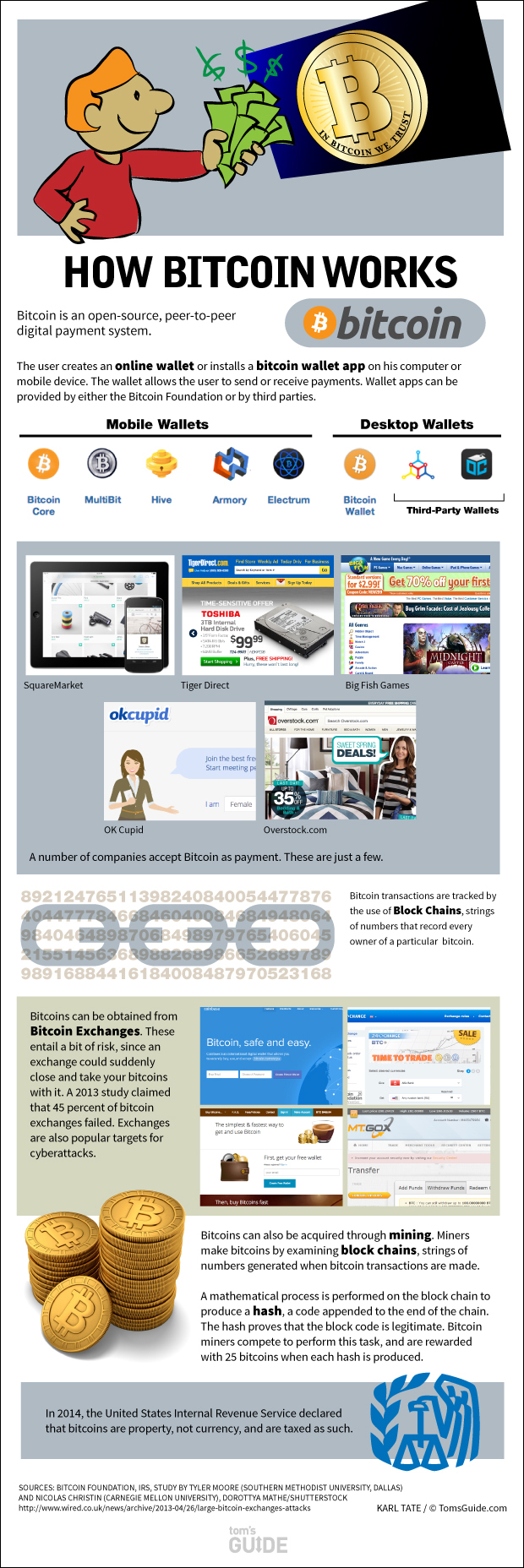
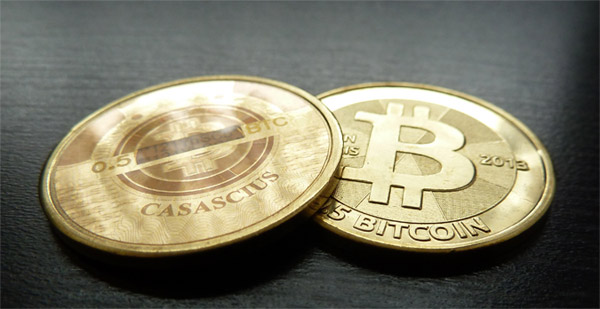
A growing online economy surrounds bitcoin, a payment option that serves as a type of digital currency both on and off the Internet. Though it's not technically money (the IRS has declared bitcoin property rather than currency), a growing number of retailers now accept the digital coins alongside traditional payment methods. In fact, the list of retailers accepting bitcoin continues to grow, and now includes big names such as Overstock.com, TigerDirect and Square Marketplace.
The biggest issue holding many retailers back from accepting bitcoin is the volatility of the coins' value. On Nov. 30, 2012, a single bitcoin was worth $12.57 USD, and just one year later, on Nov. 30, 2013, that value rose to $1,126.82 USD. These days the value tends to hover between $500 and $600 for a single bitcoin, but there's no reason why that amount couldn't change drastically at any moment.
MORE: What is Bitcoin?
Thanks to bitcoin exchanges such as Coinbase, retailers are finding ways to circumvent these risks. An option on Coinbase allows merchants to immediately convert bitcoins into U.S. dollars at the end of a transaction. As long as a company isn't holding any of its assets in bitcoin, it remains impervious to the market volatility.
Where to get bitcoins
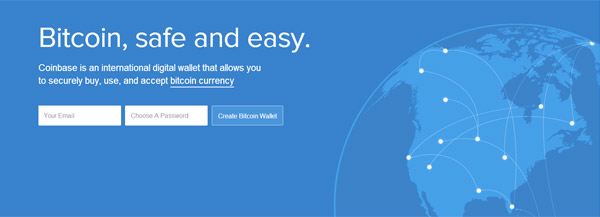
The easiest way to purchase bitcoins is through a bitcoin exchange, such as Coinbase. The service works in a similar way to Paypal: users link to a bank account and then purchase coins at the current market rate. Coins are then stored in a virtual wallet held by Coinbase, or can be sent to another wallet.
Once you have your bitcoins, you'll want to keep them safe from theft. The now-defunct bitcoin exchange Mt. Gox notoriously got hacked, losing hundreds of millions of user’s dollars. Coinbase says it stores a vast majority of its bitcoins offline, keeping them safe from hacking. Alternatively, you can transfer your bitcoins to an offline storage drive or even print a piece of paper that represents your bitcoin wallet as if it were cash.
For most online retailers, making a purchase using bitcoin is similar to a wire-transfer payment. At checkout, a user selects the option to pay with bitcoin. The customer receives a unique wallet address — a long series of letters and numbers — with instructions to send the appropriate number of bitcoins.
Get instant access to breaking news, the hottest reviews, great deals and helpful tips.
Once the retailer confirms that the customer sent the payment, the order is completed and starts processing. However, because of bitcoin valuation changes, it's possible that you could purchase enough bitcoins for a transaction one day, and then not have enough when you try to place the order the next day.
Another risk is accidentally typing the wrong bitcoin wallet address when sending your payment. This isn't a big risk, though; you'll only lose your money if the mistyped address is valid, and there's a very small chance (approximately a 1 in 4 billion) of that happening. Otherwise, your send request will be invalid and you'll just need to send the bitcoins again.
Be warned: buying and selling bitcoin is now subject to taxation by the government. The IRS ruled in March that bitcoins are property, rather than a currency, and thus subject to ordinary income tax or capital gains taxes. While this means that people who earn money through bitcoin will now have to pay taxes on the profits, it also means that losses can be written off.
Businesses that accept bitcoin
Big Fish Games

Popular online game publisher Big Fish Games recently announced that it would accept bitcoins. Users can buy full games using the digital coins, or put their bitcoins toward in-app purchases. Online gaming giant Zynga has experimented with accepting bitcoin on one of its games, but Big Fish Games is the first major gaming platform to roll out bitcoin transactions across all its properties. Like most other retailers, Big Fish Games is partnering with Coinbase to immediately convert bitcoins into cash.
MORE: Mt. Gox Bankruptcy: What Bitcoin Owners Need to Know
Overstock

Public interest in bitcoin hit a new peak when Overstock announced in early 2014 that it would accept the digital coins as payment for all transactions. While Overstock wasn't the first online retailer to accept bitcoin, it was the first with real household name recognition. Patrick Byrne, the CEO of Overstock, is a self-described libertarian and added support for bitcoin transactions by striking a deal with Coinbase.
TigerDirect

Shortly after Overstock's announcement, the online tech company TigerDirect became the second major retailer to accept bitcoin. TigerDirect announced that customers could use bitcoins to make online purchases through Web and mobile, although in-store bitcoin transactions are not supported.
An electronics retailer seems like the perfect match for bitcoin transactions, since the coins exist entirely on computers, and one could theoretically generate (mine) bitcoins using equipment purchased with bitcoins. However, these days, the cost of mining bitcoins outweighs the profits, so TigerDirect's bitcoin support doesn't actually create a money-printing machine.
Square Market
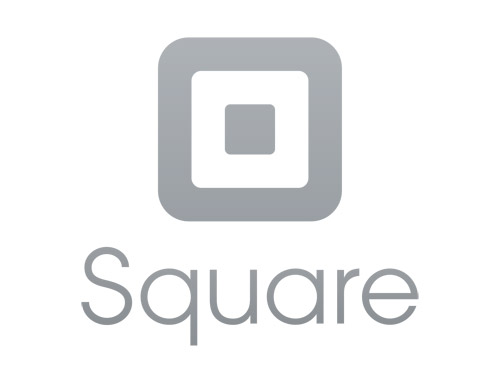
Square, the mobile payments processor co-founded by Jack Dorsey, who also co-founded Twitter, announced it will support bitcoin transactions. For merchants, the checkout process is exactly the same as for credit card transactions. Customers will simply need to select the option to pay with bitcoin, send the appropriate amount of coins to the unique generated wallet address and wait for confirmation. Using Coinbase, Square instantly converts the bitcoin into the equivalent U.S. dollar value, posing zero risk to marketplace sellers.
OkCupid
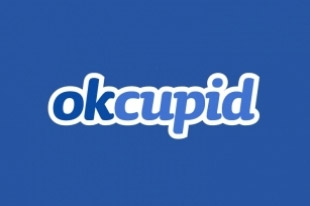
Popular online dating site OkCupid announced in April 2013 that it would start accepting bitcoin for users who wanted to upgrade to a premium, A-List account. Forking over some bitcoin gives users the same features as a traditional payment upgrade, including a lack of advertising, advanced search filtering and the ability to hide yourself from showing up on someone's recent-visitor history.
OkCupid partnered with Coinbase to accept bitcoin, converting all bitcoin to cash at the end of each transaction. While immediately changing bitcoin to cash minimized OkCupid's risk, the company would have seen massive returns if it had held onto those original bitcoins. The value of a single bitcoin has more than doubled since OkCupid started accepting the digital money.
Tarsnap and PrivateInternetAccess

Bitcoin is a peer-to-peer payment system based on computers and the Internet, so it only makes sense that services such as Tarsnap and PrivateInternetAccess would accept the coins as payment. Both companies cater to the computer paranoid — Tarsnap is a secure and encrypted online backup service, and PrivateInternetAccess is a virtual private network (VPN) that masks users' Internet activities. Unlike an online retailer, which usually needs to ship a customer a physical product, Tarsnap and PrivateInternetAccess are almost completely anonymous when paid in bitcoin. PrivateInternetAccess uses BitPay to process the transactions, while Tarsnap uses Stripe, an online payment processor that just started accepting bitcoins.
